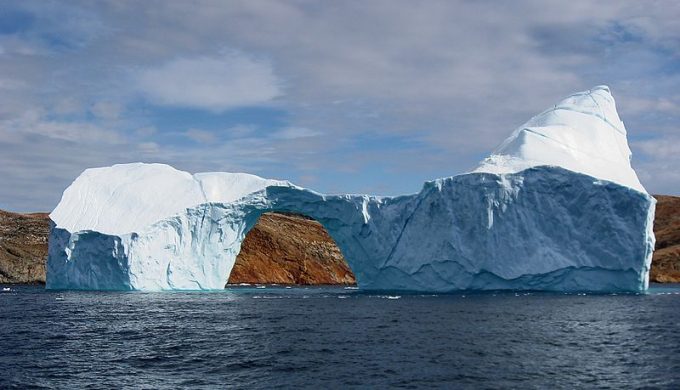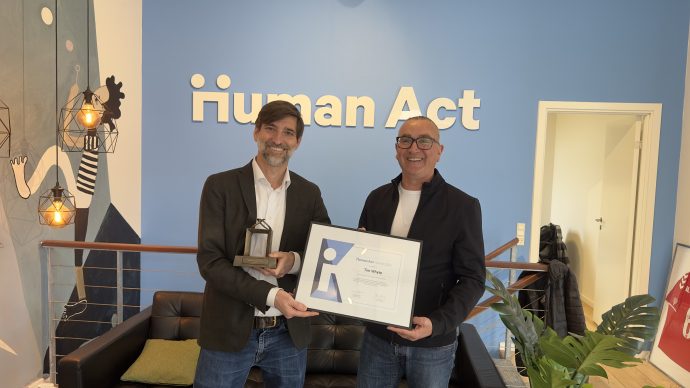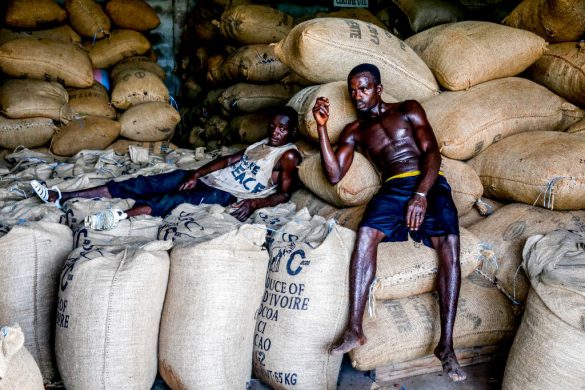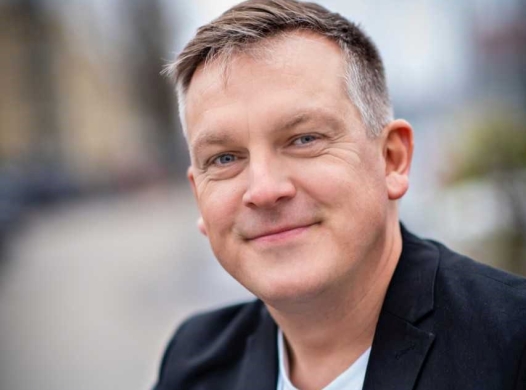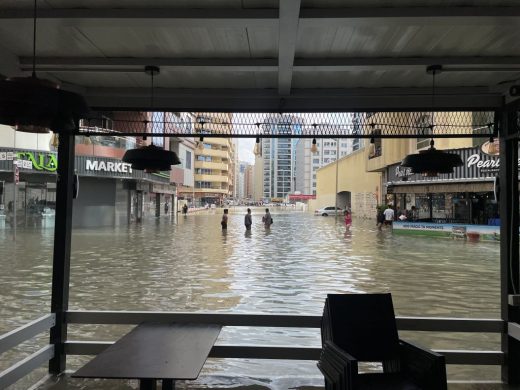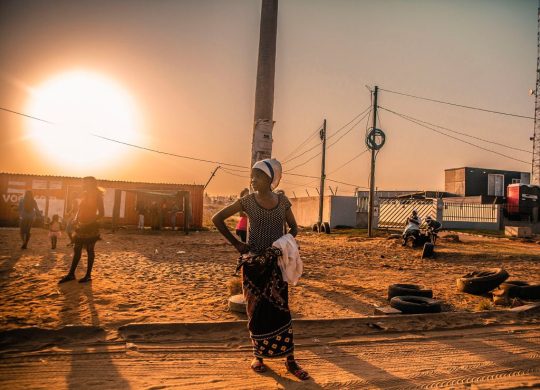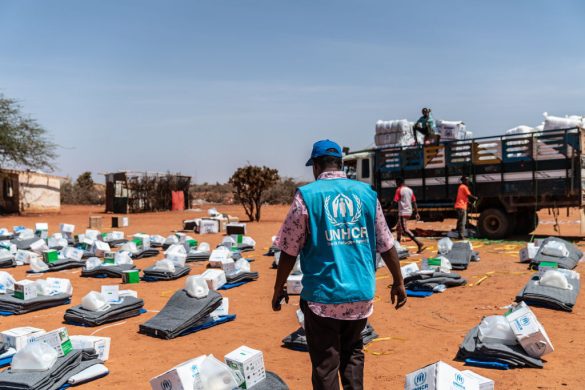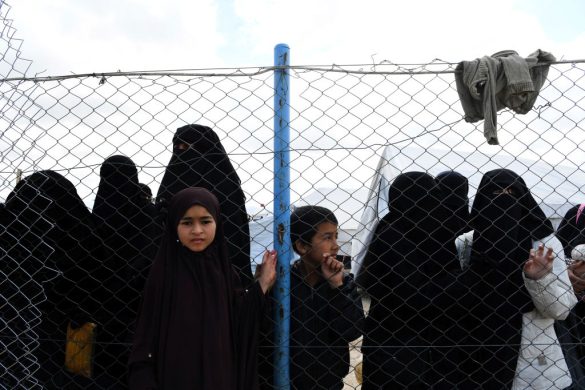Stockholm International Water Institute inviterer i år som vanligt til debat om klodens vand i slutningen af august.
Der er tale om en uges debatter, diskussioner og oplæg om den livsvigtige ressource i den svenske hovedstad.
Ugen starter søndag, og temaet i år er "water and waste: reduce and reuse". Det handler altså om forurening, genanvendelse og cirkulær økonomi.
Politikere, virksomheder, organisationer og eksperter fra hele verden drager mod Sverige for at finde løsninger på de globale udfordringer med at holde vandet rent og sørge for, at der er nok til alle.
Her lidt fra den officielle hjemmeside:
Annual focal point
World Water Week is the annual focal point for the globe’s water issues.
It is organized by SIWI. In 2017, World Water Week will address the theme “water and waste: reduce and reuse”. In 2016, over 3,200 individuals and around 330 convening organizations from 130 countries participated in the Week.
Experts, practitioners, decision-makers, business innovators and young professionals from a range of sectors and countries come to Stockholm to network, exchange ideas, foster new thinking and develop solutions to the most pressing water-related challenges of today.
We believe water is key to our future prosperity, and that together, we can achieve a water wise world.
Two Sustainable Development Goals
In the second year of implementation of the 2030 Agenda the World Water Week 2017 focuses on a key challenge for which two Sustainable Development Goals (SDG’s) have set ambitious targets:
SDG 6, target 3: “by 2030, improve water quality by reducing pollution, eliminating dumping and minimizing release of hazardous chemicals and materials, halving the proportion of untreated wastewater and substantially increasing recycling and safe reuse globally”, and S
DG 12, target 5: “by 2030, substantially reduce waste generation through prevention, reduction, recycling and reuse”.
These are just two of the 169 SDG targets, many of which, along with the 2015 Paris Agreement on climate change and the annual Global Risks Reports launched by the World Economic Forum in Davos, highlight our challenge to achieve sustainable development in a changing world.
A circular economy in which water and waste are managed as economic assets is an important part of the solution to this challenge.

